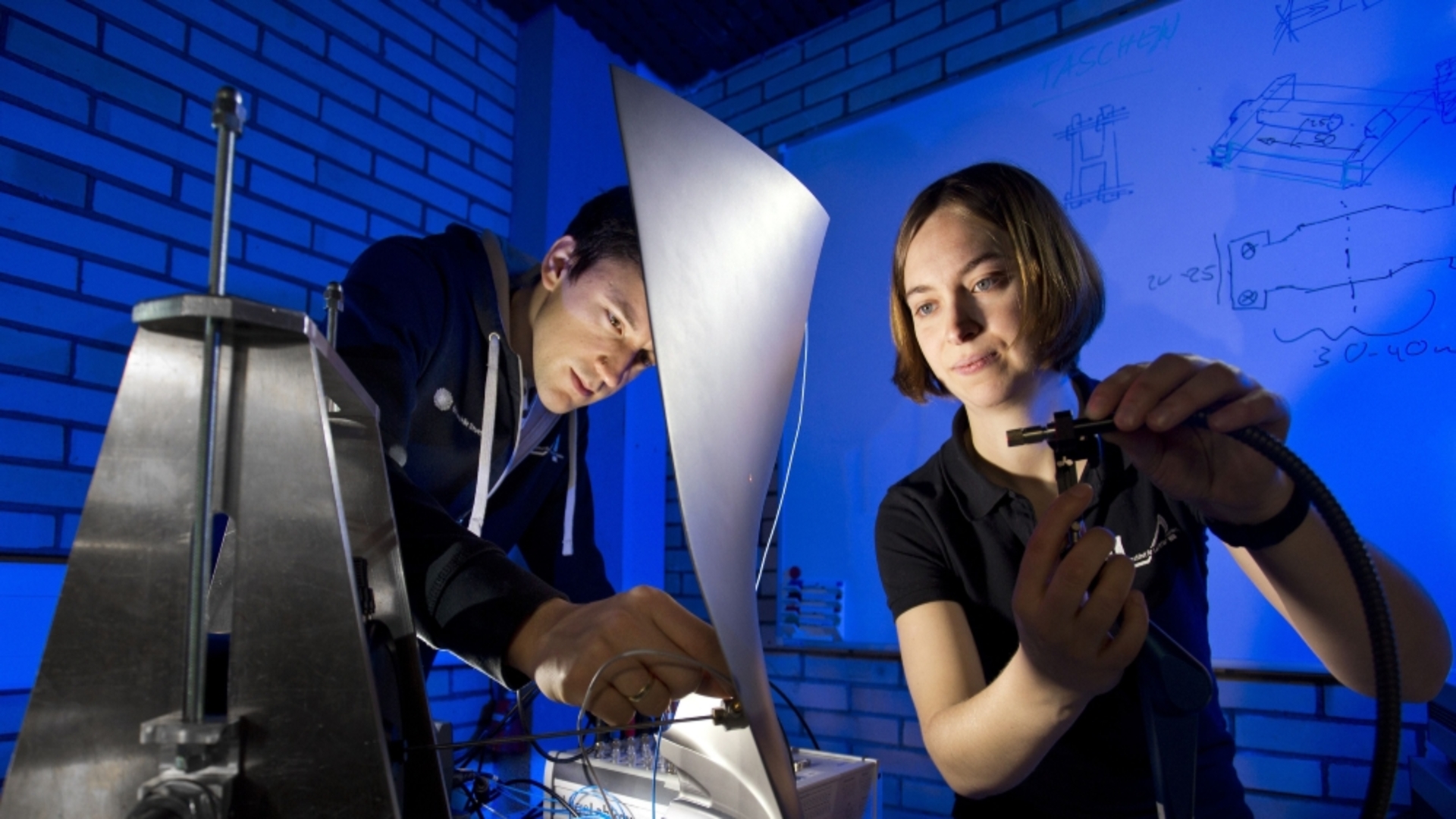Germany's simulation tech improves engine stability in aerospace design

Source: interestingengineering
Author: @IntEngineering
Published: 7/25/2025
To read the full content, please visit the original article.
Read original articleGerman researchers at the University of Stuttgart, led by Professor Malte Krack, have developed advanced simulation tools to improve the safety and stability of aircraft engines and lightweight aerospace structures by addressing the complex challenge of damping. Damping, which reduces harmful oscillations through energy loss primarily at joints via friction and shocks, is critical to preventing damage such as engine blade fractures or fairing detachment during flight. The team’s innovation lies in accurately modeling these damping effects across vastly different scales—from tiny joint movements a hundred times thinner than a human hair to oscillations in the millimeter range—something conventional simulation methods have struggled to achieve.
To tackle this multi-scale problem, the researchers created new measurement and modeling strategies, including a tribometer that captures the nonlinear behavior of friction under realistic aerospace conditions. This allows for precise predictions of how damping functions, which is essential for designing stable, lightweight structures that are more susceptible to oscillations and nonlinear effects. The new simulation methods are already being applied in industry to enhance engine and
Tags
energyaerospace-engineeringsimulation-technologydampingtribometerengine-stabilityvibration-control